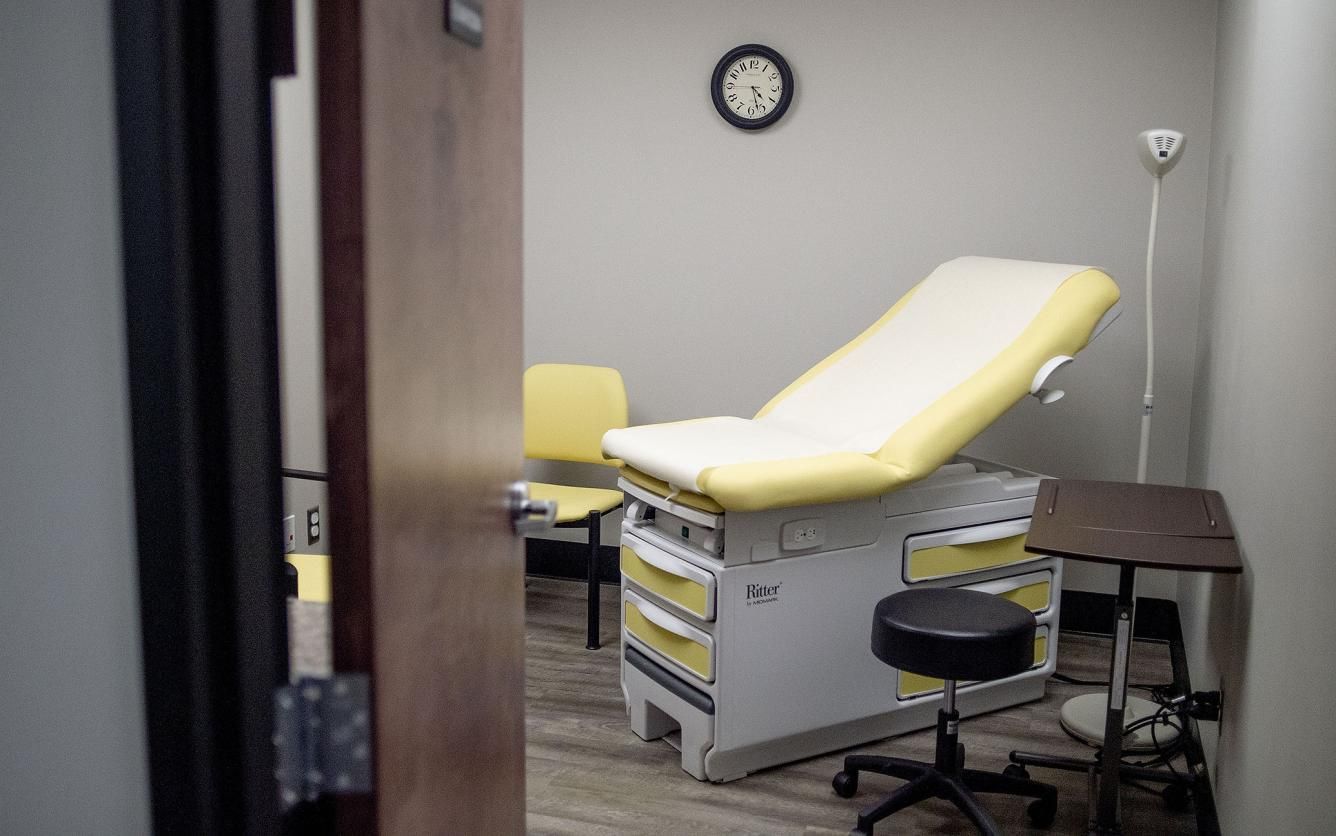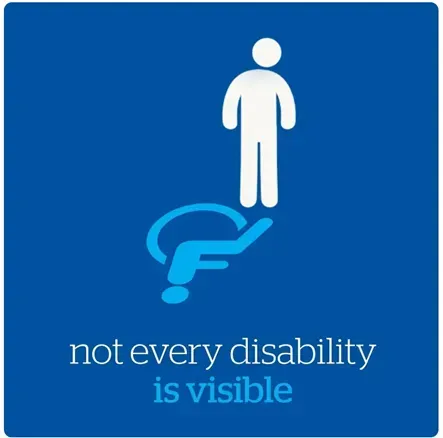Feds To Enforce Accessibility Standards For Medical Equipment

The U.S. Department of Justice is finalizing a new rule aimed at dramatically increasing the availability of medical examination tables, weight scales and other diagnostic equipment that’s accessible to people with disabilities.
Federal officials said late last week that they would implement a regulation under Title II of the Americans with Disabilities Act adopting technical standards that must be met by certain hospitals and health care clinics. The announcement coincided with the 34th anniversary of the disability rights law.
“Thirty-four years after passage of the ADA, people with disabilities should not have to forgo needed medical care due to inaccessible medical diagnostic equipment,” said Assistant Attorney General Kristen Clarke of the Justice Department’s Civil Rights Division. “This rule marks a significant milestone in our ongoing efforts to ensure that people with disabilities can get the medical treatment they need.”
The rule was first proposed [01] earlier this year in response to numerous complaints that the Justice Department said it received from people with disabilities who have been denied basic medical services because of a lack of accessible equipment.
The agency cited cases where individuals were only given a cursory physical exam because they could not be moved from their wheelchair to an exam table as well as people who have gone without dental exams, mammograms and other preventive care services.
The Justice Department said that Attorney General Merrick B. Garland signed the final rule on Friday, but the agency did not officially release it, saying instead that the rule and a fact sheet will be made available for review soon.
The rule falls under Title II of the ADA, which requires state and local government services, programs and activities to be accessible to people with disabilities. As a result, the new requirements will apply to public hospitals, health clinics and other entities that state and local governments contract with to provide health care services.
With the proposal, federal officials sought to adopt accessibility standards created in 2017 by the U.S. Access Board for exam tables, chairs used for eye and dental exams, weight scales, mammography equipment, x-ray machines and other diagnostic tools.
The proposal included a prohibition on covered health care providers denying services to patients with disabilities because of a lack of accessible equipment and it said that people with disabilities could not be required to bring someone to help them with an exam. In addition, the plan stipulated that covered entities only buy accessible medical equipment going forward until an adequate number are acquired.
The proposal also included a requirement that all providers who use exam tables, weight scales or both have at least one accessible version of the equipment within two years. And, staff would be required to operate accessible medical equipment and assist patients with transfers and positioning.
Citations:
- [NEWS ARTICLE] https://www.disabilityscoop.com/2024/01/17/feds-move-to-enforce-accessibility-standards-for-medical-equipment/30697/













